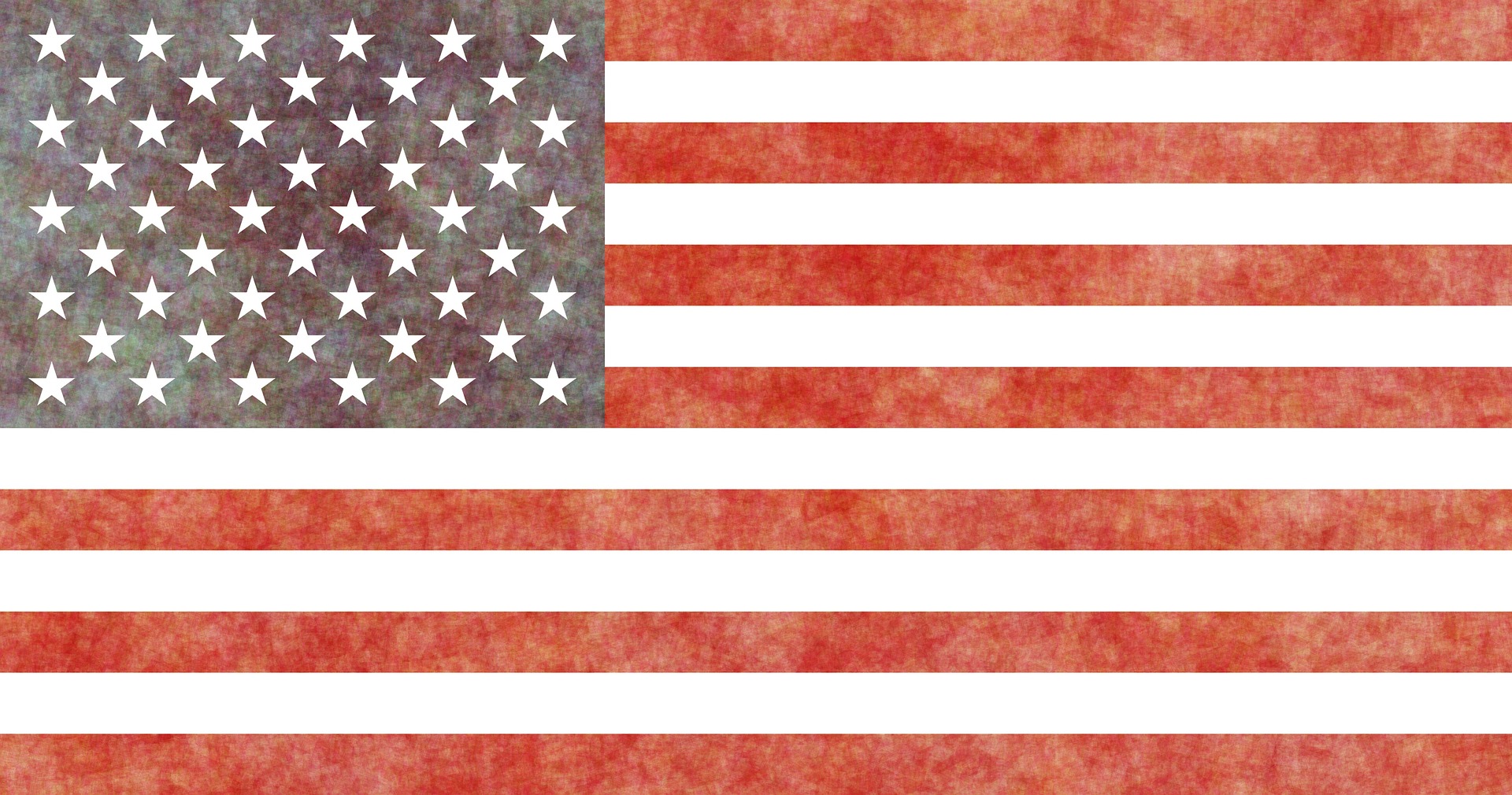A research paper titled “Understanding Muslim political life”, and subsequent article in The Washington Post asserts that while surveys may serve as proof against the current political assertion which claims American Muslims do not identify as Americans and should be treated as such, continuing this narrative, even if it leads to ‘positive’ results, actually has a detrimental affect.
Nazita Lajevardi and Calfano, highlight in The Washington Post, that a series of surveys undertaken by Pew, actually shows that Muslims in America embody a sense of American identity that rivals the general public. For example, asked whether they identify first as “American”, “Muslim”, or “Both”, most Muslim Americans identify with the term “American”, with 27% responding in both 2007 and 2011 as “American” and 18% as “both”.
In a 2017 survey, when asked how much “pride” Muslims feel in being American, Muslim Americans responses were similar to Americans as a whole. 91% of the public “completely” or “mostly” agreed with the statement that they are “proud to be an American”, and 92% of American Muslims responded the same.
Such statistics run counter to President Trump’s framing of Muslims as unpatriotic and un-American, a running theme of several of his comments and actions, which include his potential support for a “database” of Muslims living in the United States and his suggestion that Muslim Congresswomen Ilhan Omar and Rashida Tlaib should “go back” to their home countries.
However, Calfano and Kajevardi, are critical of this line of questioning that American Muslims must endure, arguing that it may cause American Muslims to actually disengage from political and community engagement.They warn that “surveys may unintentionally discourage Muslims from living the democratic citizenship that many see as quintessentially American”. In a study undertaken by the research paper mentioned above, it found that young Muslim Americans were less likely to report their interest in politics, including whether they donated or volunteered for political campaigns, voting, engaging in protest or discussing politics at home, if they were first asked questions regarding how they view their identity or any questions that attempted to gauge their commitment to a religious faith.
The has been described as a “demobilizing effect”, which the authors suggests could be a result of the scrutiny Muslims have faced; in order to avoid more scrutiny, Muslim Americans may feel it is safer to appear less politically engaged. And in a climate where the majority of the general public support mosque surveillance and targeting Muslims at airport screenings, continuing to further the suggestion that Muslims must choose where their allegiance lies “only makes it easier for political leaders to pursue a divisive political strategy that singles out Muslims”.
Sources
https://www.washingtonpost.com/politics/2019/08/22/most-us-muslims-are-patriots-asking-them-choose-between-faith-nation-has-pernicious-consequence/






